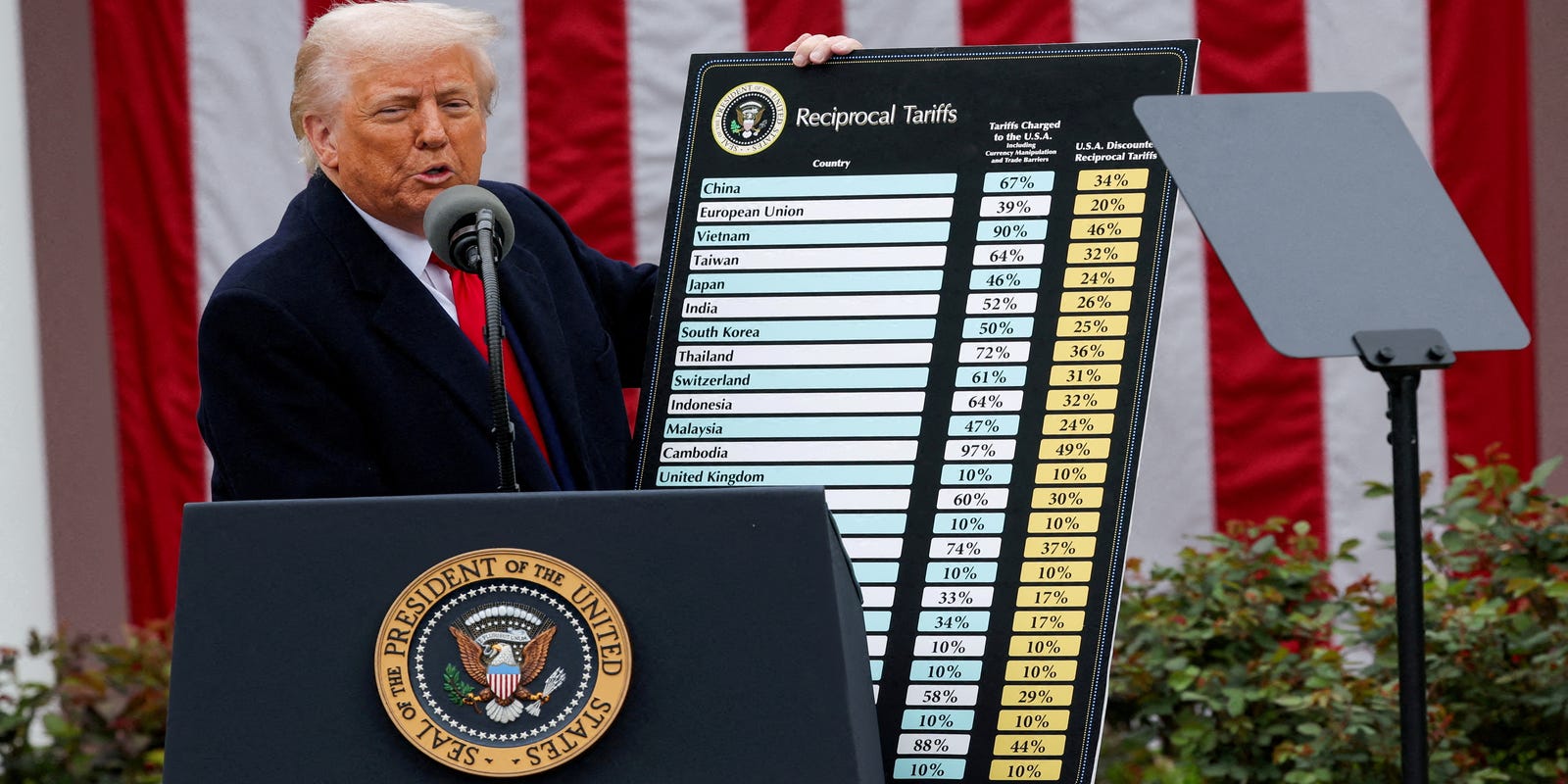Beyond Tariffs: Smart Strategies to Revive America's Manufacturing Workforce

In the complex world of international trade, tariffs can be a double-edged sword that often leaves economic devastation in their wake. As economic expert Michael Douglas astutely observes, broad and indiscriminate tariff implementations can create significant collateral damage, disrupting carefully balanced global economic ecosystems.
When trade barriers are erected hastily and without nuanced consideration, the consequences can be far-reaching and destructive. Industries can crumble, supply chains can fracture, and businesses—both large and small—may find themselves caught in the crossfire of protectionist policies that promise protection but often deliver unintended economic harm.
The key lesson is clear: tariffs must be implemented with surgical precision, carefully weighing potential impacts and understanding the intricate interconnections of modern global commerce. Reckless trade restrictions are not a solution, but rather a potential catalyst for economic instability that can ripple through entire economic landscapes.
Policymakers must approach trade regulations with wisdom, foresight, and a deep understanding of the delicate economic balance that sustains international trade and mutual prosperity.
